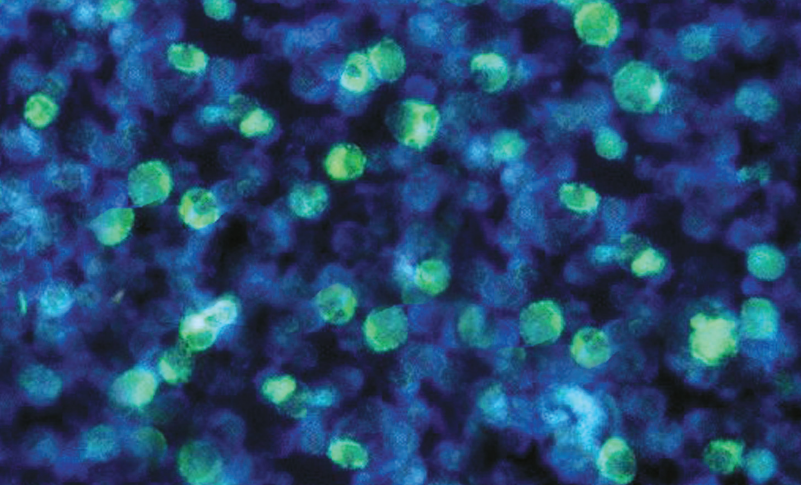Authors: Lázaro Manuel Filgueira, Julio Betancourt Cervantes, Orlando Adolfo Lovelle, Carlos Herrera, Carlos Figueredo, Naivy Sánchez, Jorge Berrio, Geidy Lorenzo, Meylan Cepeda, Mayra Ramos, Danay Saavedra, Ana Laura Añe-Kouri, Zaima Mazorra, Kalet Leon, Tania Crombet, Armando Caballero.
Date: 2021/01/05
Link: https://www.futuremedicine.com/doi/full/10.2217/imt-2020-0235
Abstract:
- In COVID-19, the inflammatory cytokine-release syndrome is associated with the progression of the disease. Itolizumab is a monoclonal antibody that recognizes human CD6 expressed in activated T cells. The antibody has shown to be safe and efficacious in the treatment of moderate to severe psoriasis. Its effect is associated with the reduction of pro-inflammatory cytokines release, including IFN-γ, IL-6 and TNF-α. Here, we report the outcome of three severe and critically ill COVID-19 patients treated with itolizumab as part of an expanded access protocol. Itolizumab was able to reduce IL-6 concentrations in all the patients. Two of the three patients showed respiratory and radiological improvement and were fully recovered. We hypothesize this anti-inflammatory therapy in addition to antiviral and anticoagulant therapy could reduce COVID-19 associated morbidity and mortality.







